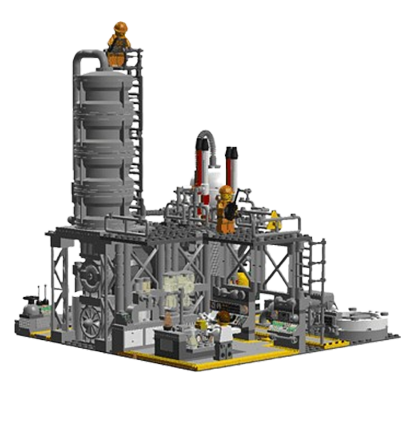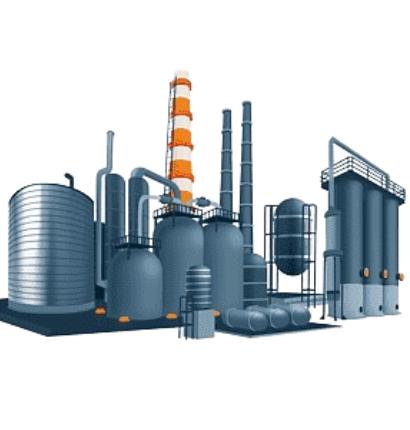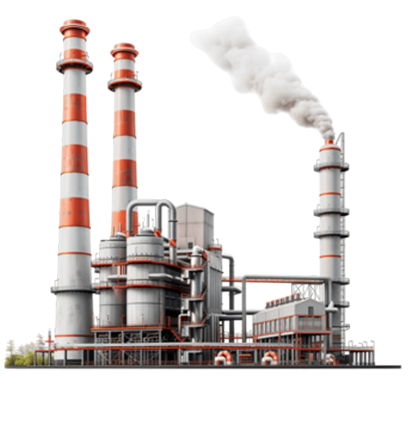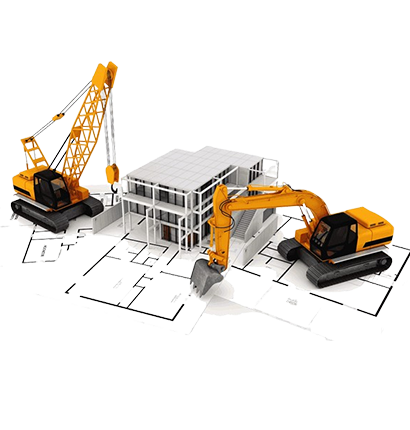Boiler tubes are seamless tubes and are made of either carbon steel or alloy steel. They are widely used in steam boilers, for power generation, in fossil fuel plants, industrial processing plants, electric power plants, etc. Boiler tubes can either be medium-pressure boiler pipe or high-pressure boiler pipe. Boiler tubes are often manufactured in seamless procedures. Here’s a detailed account of how they are made:
Both medium-pressure and high-pressure boiler tubes undergo the same initial process of manufacturing, which includes fine drawing, surface bright, hot rolling, cold drawn and heat expansion. However, the following steps are undertaken to make high-pressure pipes stronger and more resistant. Heat treatment includes heating and cooling of the high-pressure boiler pipes which increases toughness, hardness and wear resistance. The different steps that come under heat treatment include quenching, tempering and annealing.
Quenching is done to increase the hardness of the high-pressure boiler tube. The pipe is heated evenly to an appropriate temperature and then quickly immersed into water or oil for instant cooling. This is followed by cooling in air or in the freezing zone. Tempering is used to remove brittleness from the pipe. Quenching can cause the pipe to become tapped or broken. Annealing can remove the internal stress in the pipe. In this process, the seamless tube is heated to the critical temperature and then left for slow cooling in ash or lime.
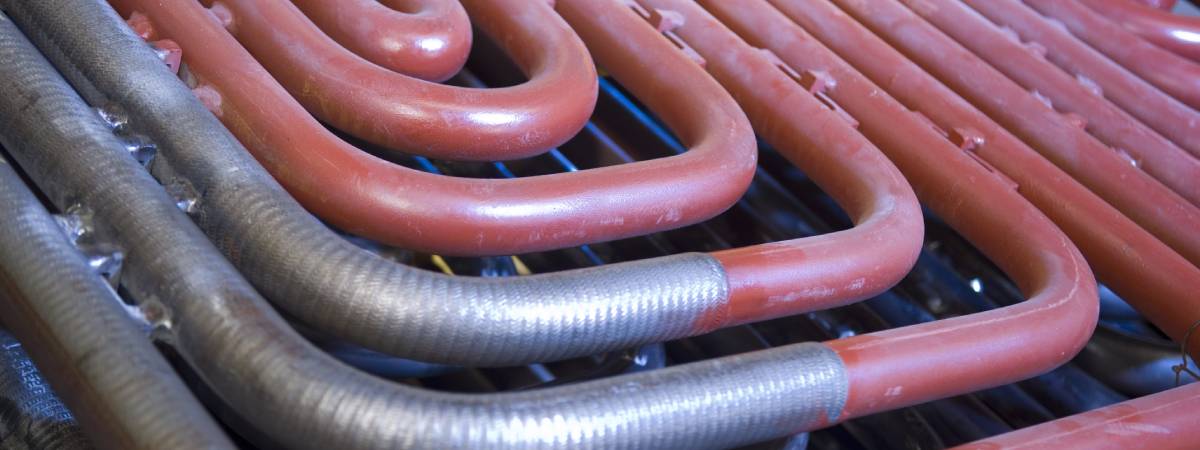
There are several methods for removing rust from the boiler tube, the simplest being cleaning using a solvent and emulsion. However, this can remove only dust, oil, etc. but will not rid the pipe completely off organic remnants.
The second method is rust removal using manual or power tools. Tool cleaning can get rid of oxide coatings, welding slag and rust. The most common method is through chemical and electrolytic methods, also known as acid cleaning. Spray rust removal is the most ideal method for cleaning of the boiler tube as it can remove dirt, oxide and rust to a greater level. Furthermore, it can increase the roughness of the pipe.
| Material Grade | The specific grade of steel used for the boiler tubes. |
| Chemical Composition | carbon (C), silicon (Si), manganese (Mn), sulfur (S), phosphorus (P) |
| Tensile Strength | The maximum stress the tube can withstand without breaking. |
| Yield Strength | The stress at which the tube starts to deform permanently. |
| Hardness | The measure of the tube's resistance to indentation or scratching. |
| Wall Thickness | millimeters (mm) or inches (in). |
| Length | meters (m) or feet (ft) |
| Surface Finish | pickled, oiled, or polished |


